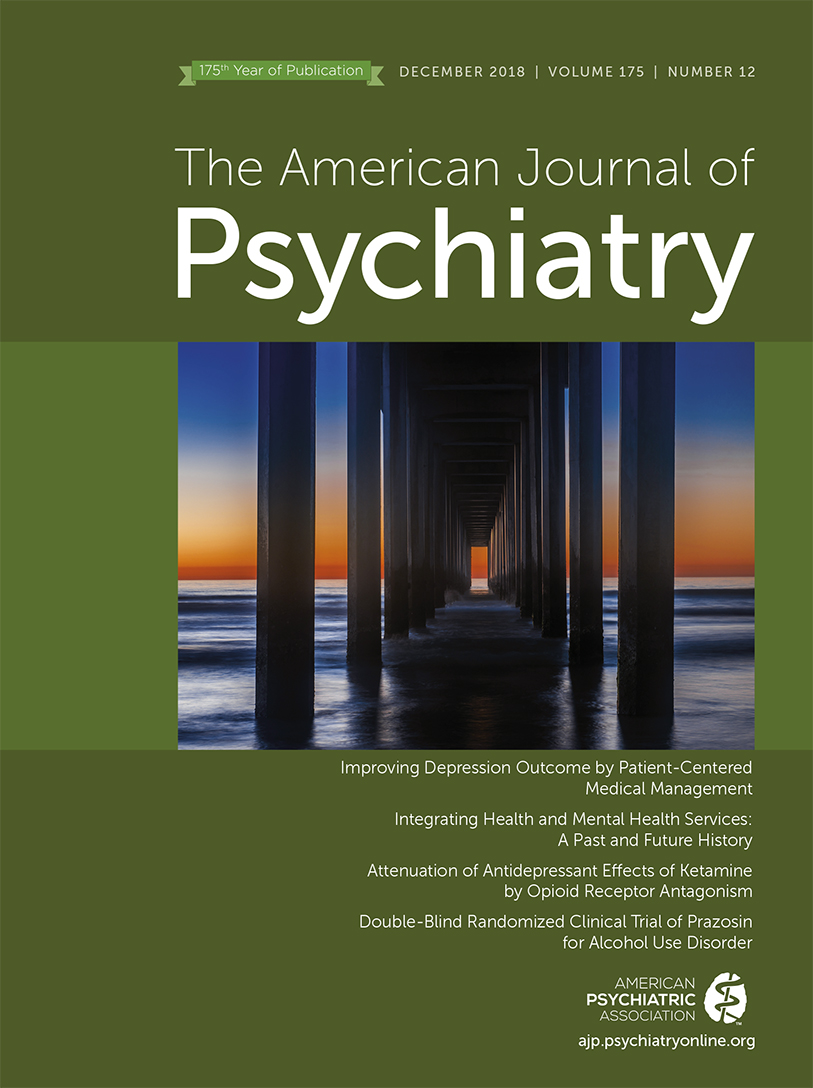Risk of Treatment Failure: Response to Ghosh and Noble
To the Editor: We thank Drs. Ghosh and Noble for their comments on our study. They state that treatment resistance or more severe illness, indicated by the frequency of clozapine use, could potentially confound the results of our study, as well as proportions of schizoaffective disorder and substance abuse. In the Discussion section of our article, we already considered these issues, as follows:
We used the use of clozapine as a proxy for treatment resistance and the use of long-acting antipsychotic injection as a proxy for poor treatment adherence. These indicators suggested that the late discontinuers had a higher rate of treatment resistance compared with early discontinuers, while no signal was observed for poorer treatment adherence among late compared with early discontinuers. Therefore, the results suggest that the higher risk of relapse among late compared with early discontinuers may be attributable to more severe illness.
We also stated:
Since clozapine’s adverse effects, including metabolic syndrome, develop over a long period and the accurate cumulative exposure time for specific antipsychotics was not available in this analysis, the outcomes of treatment failure were not adjusted by using this rather crude proxy (at least one filled prescription of clozapine) as a covariate. However, we want to emphasize that the aim of this study was not to investigate clinical characteristics associated with treatment failure but simply to reveal how the risk of rehospitalization or death evolves after discontinuation of antipsychotic treatment in an entire nationwide cohort of first-episode patients.



